Książek, P., Zekveld, A. A., Fiedler, L., Kramer, S.E., Wendt, D. (2021). Components of pupil dilation responses reveal the interplay between signal-to-noise ratio and recall during and auditory working memory task.
“Great research within the hearing care field is going on all over the globe currently, and I really hope this work will be implemented in future hearing aids to further improve quality of life for people with hearing impairment. I expect to see even smarter hearing aids that will be able to interact more with the environment and the hearing aid user by knowing the intention of the user. A lot of exciting work will impact the future.”
I am a principal scientist, and my general research interests include consequences of hearing loss and the role of cognitive aspects, such as listening effort, attention, and mental fatigue in listening and communication with hearing loss. I want to better understand how hearing technology can contribute to improving the lives of people with hearing loss. Besides my researcher role, I am a personnel manager and big chunk of my job further deals with management related tasks, supervision, and strategic work here at Eriksholm.
I am a principal scientist, and my general research interests include consequences of hearing loss and the role of cognitive aspects, such as listening effort, attention, and mental fatigue in listening and communication with hearing loss. I want to better understand how hearing technology can contribute to improving the lives of people with hearing loss. Besides my researcher role, I am a personnel manager and big chunk of my job further deals with management related tasks, supervision, and strategic work here at Eriksholm.
My background is in physics, so I didn’t learn much about hearing science until my master studies. The interest really came with my PhD thesis where I examined eye-movements, and how they teach us about difficulties that people with hearing impairment encounter while processing speech. I developed a technique to measure how fast people process speech by analyzing their eye-movements. During that work, I learned a lot about the consequences of hearing loss and how hearing aids can help to overcome some of these difficulties.
My background is in physics, so I didn’t learn much about hearing science until my master studies. The interest really came with my PhD thesis where I examined eye-movements, and how they teach us about difficulties that people with hearing impairment encounter while processing speech. I developed a technique to measure how fast people process speech by analyzing their eye-movements. During that work, I learned a lot about the consequences of hearing loss and how hearing aids can help to overcome some of these difficulties.
After my PhD, I felt that it was time to explore something new as I have been at the University of Oldenburg for quite some years. So, I moved from Germany to Denmark and accepted a postdoc position at the Technical University of Denmark (DTU) in the Hearing Systems group of professor Torsten Dau.
Already a year later, I got the opportunity to work with Eriksholm and from then on, I had a dual position at Eriksholm and DTU for a couple of years. My work mainly focused on the development of pupillometry methods as a marker of listening effort which was a rather new tool, both at Eriksholm and in general, at that time. It turned out that studying listening effort using pupillometry is a relevant tool and I further applied the technique towards hearing aid assessment. It was great journey for me seeing this research direction evolving over the years, both within the company but also in the academic research community, and I am happy that today even more people interested in this field. Today, I am full-time at Eriksholm. However, it is important for me to stay closely connected with academia and, thus, I am still holding an affiliated position with DTU.
After my PhD, I felt that it was time to explore something new as I have been at the University of Oldenburg for quite some years. So, I moved from Germany to Denmark and accepted a postdoc position at the Technical University of Denmark (DTU) in the Hearing Systems group of professor Torsten Dau.
Already a year later, I got the opportunity to work with Eriksholm and from then on, I had a dual position at Eriksholm and DTU for a couple of years. My work mainly focused on the development of pupillometry methods as a marker of listening effort which was a rather new tool, both at Eriksholm and in general, at that time. It turned out that studying listening effort using pupillometry is a relevant tool and I further applied the technique towards hearing aid assessment. It was great journey for me seeing this research direction evolving over the years, both within the company but also in the academic research community, and I am happy that today even more people interested in this field. Today, I am full-time at Eriksholm. However, it is important for me to stay closely connected with academia and, thus, I am still holding an affiliated position with DTU.
At my time in Eriksholm I have been involved in many exciting projects. What fascinates me the most, and where I see Eriksholm as a unique place, is moving basic research towards more applied research to gain insights that can support technology development. But also, the other way around: we have the opportunity of guiding research directions that are of relevance to improve the development of hearing technologies. It is this bridging role of our Centre that comes with a lot of opportunities that I find particularly exciting.
At my time in Eriksholm I have been involved in many exciting projects. What fascinates me the most, and where I see Eriksholm as a unique place, is moving basic research towards more applied research to gain insights that can support technology development. But also, the other way around: we have the opportunity of guiding research directions that are of relevance to improve the development of hearing technologies. It is this bridging role of our Centre that comes with a lot of opportunities that I find particularly exciting.
Working with my colleagues and with people who have a hearing impairment. I have a grandfather who has hearing difficulties, and I can see how much he relies on and benefits from hearing devices. They help him stay connected to society and make him able to communicate with his family. That is also why the development of hearing devices is important. Even though hearing aids nowadays give people a better quality of life, there is so much more that we can do to help them.
Working with my colleagues and with people who have a hearing impairment. I have a grandfather who has hearing difficulties, and I can see how much he relies on and benefits from hearing devices. They help him stay connected to society and make him able to communicate with his family. That is also why the development of hearing devices is important. Even though hearing aids nowadays give people a better quality of life, there is so much more that we can do to help them.
Most importantly, I enjoy spending time with my family and friends. I am a social person, and I like to have people around me in my spare time. A lot of my friends and family live in Germany, so I often travel there as well.
I think it is important to occasionally allocate a little bit of time for yourself, which is what I do when I run or do yoga. When running you can go whenever you want, wherever you want, and for as long as you want. I just started yoga lessons which I really enjoy because I like the idea that you have to connect your mind to your body, and it helps me to get some quiet time.
Most importantly, I enjoy spending time with my family and friends. I am a social person, and I like to have people around me in my spare time. A lot of my friends and family live in Germany, so I often travel there as well.
I think it is important to occasionally allocate a little bit of time for yourself, which is what I do when I run or do yoga. When running you can go whenever you want, wherever you want, and for as long as you want. I just started yoga lessons which I really enjoy because I like the idea that you have to connect your mind to your body, and it helps me to get some quiet time.
Respect: You need to respect yourself, others, and the environment. If you don’t give respect, you won’t receive it. I think that is important for our interaction and communication with other people.
Joyfulness: Life is short, and that is why I try doing things that I love to do. I also believe the things we enjoy are the things we are good at. I try to avoid things that I don’t like. Of course, this not always possible – everybody must do laundry now end then – but you can focus on the things that you like.
Curiosity: The core of every researcher’s mindset. You should always be curious and try to understand things. It’s important in my job, but it is further related to everyday life. Being curious is also what we tell every child to be: We want them to understand that it is important to learn and that it is fun to understand things.
Respect: You need to respect yourself, others, and the environment. If you don’t give respect, you won’t receive it. I think that is important for our interaction and communication with other people.
Joyfulness: Life is short, and that is why I try doing things that I love to do. I also believe the things we enjoy are the things we are good at. I try to avoid things that I don’t like. Of course, this not always possible – everybody must do laundry now end then – but you can focus on the things that you like.
Curiosity: The core of every researcher’s mindset. You should always be curious and try to understand things. It’s important in my job, but it is further related to everyday life. Being curious is also what we tell every child to be: We want them to understand that it is important to learn and that it is fun to understand things.
Great research within the hearing care field is going on all over the globe currently, and I really hope this work will be implemented in future hearing aids to further improve quality of life for people with hearing impairment. I expect to see even smarter hearing aids that will be able to interact more with the environment and the hearing aid user by knowing the intention of the user. A lot of exciting work will impact the future.
Great research within the hearing care field is going on all over the globe currently, and I really hope this work will be implemented in future hearing aids to further improve quality of life for people with hearing impairment. I expect to see even smarter hearing aids that will be able to interact more with the environment and the hearing aid user by knowing the intention of the user. A lot of exciting work will impact the future.
To see related publications, please follow this link and type in the scientist’s name in the free text search field. The result shows publications by this scientist during collaboration with Eriksholm Research Centre and/or with relevance to current work.
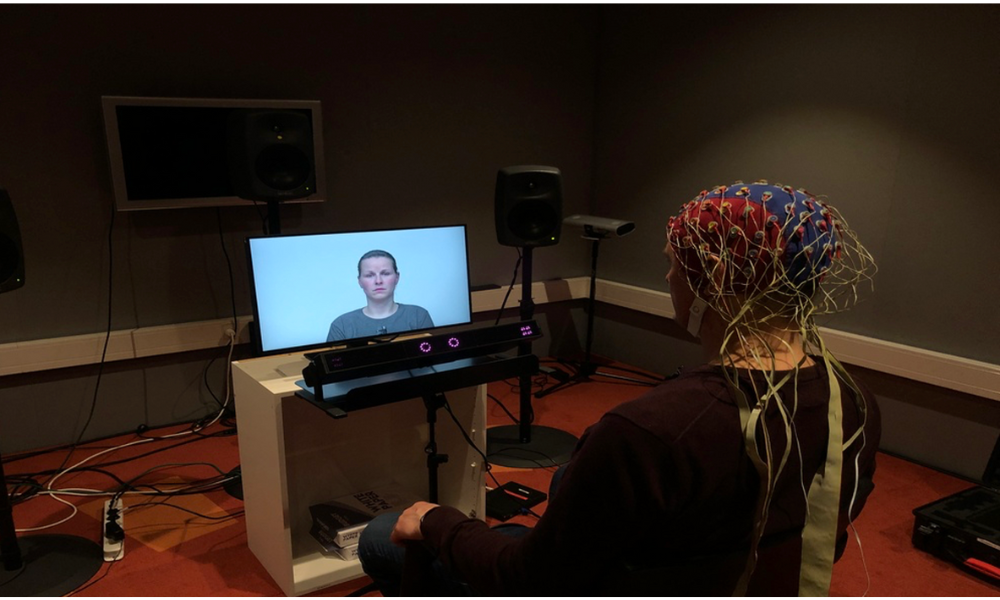
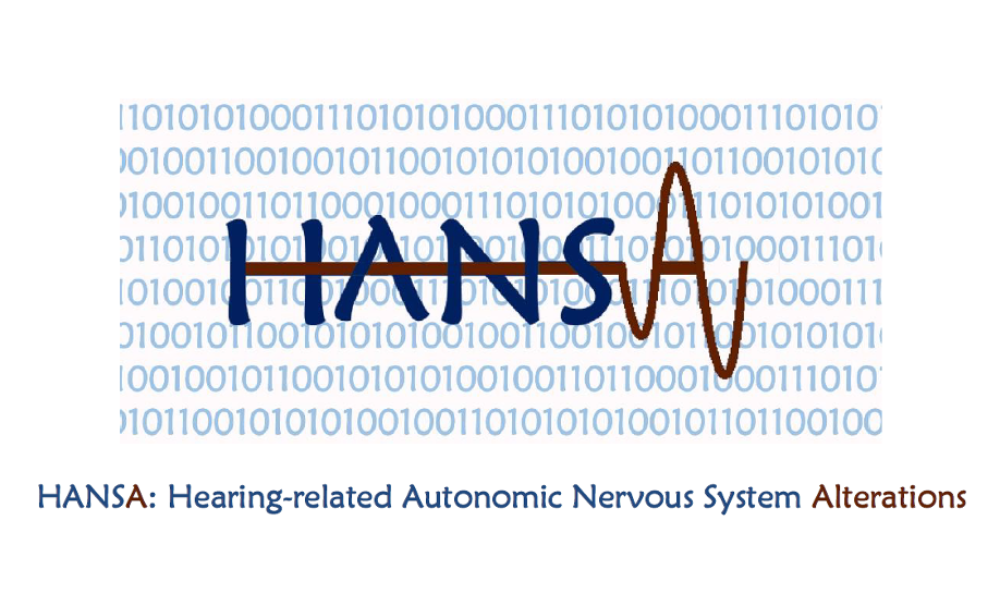
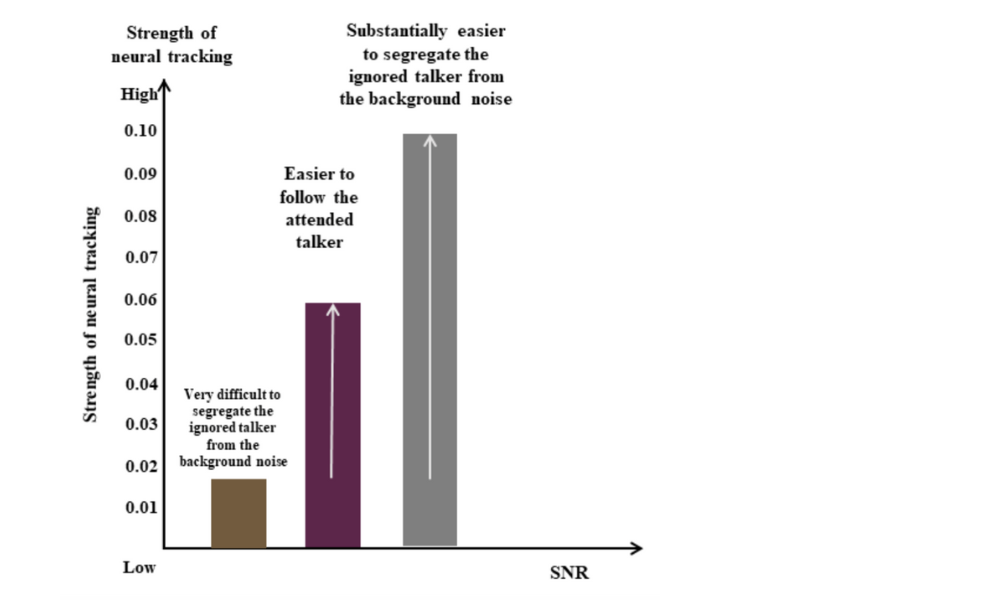
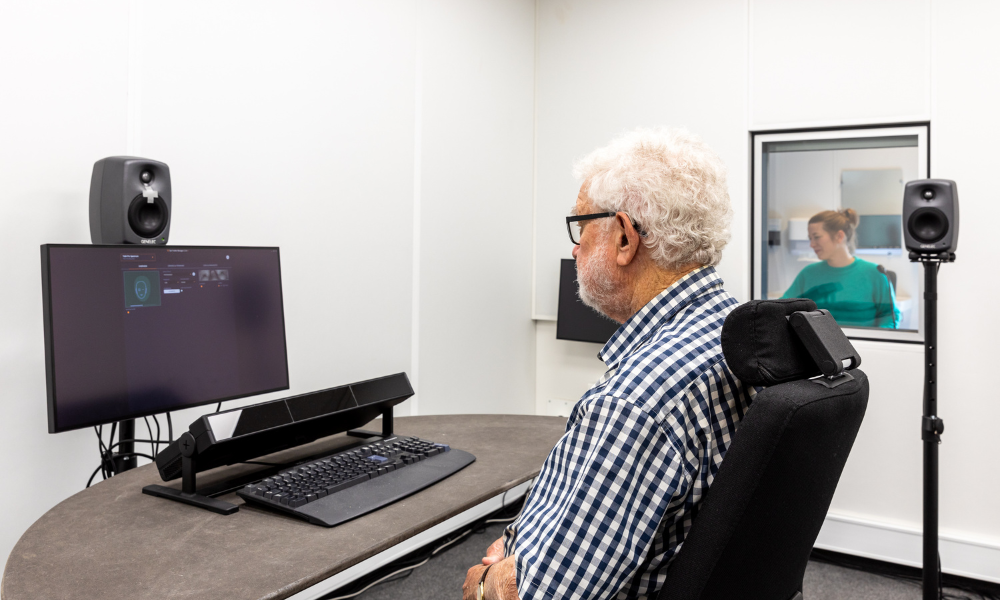
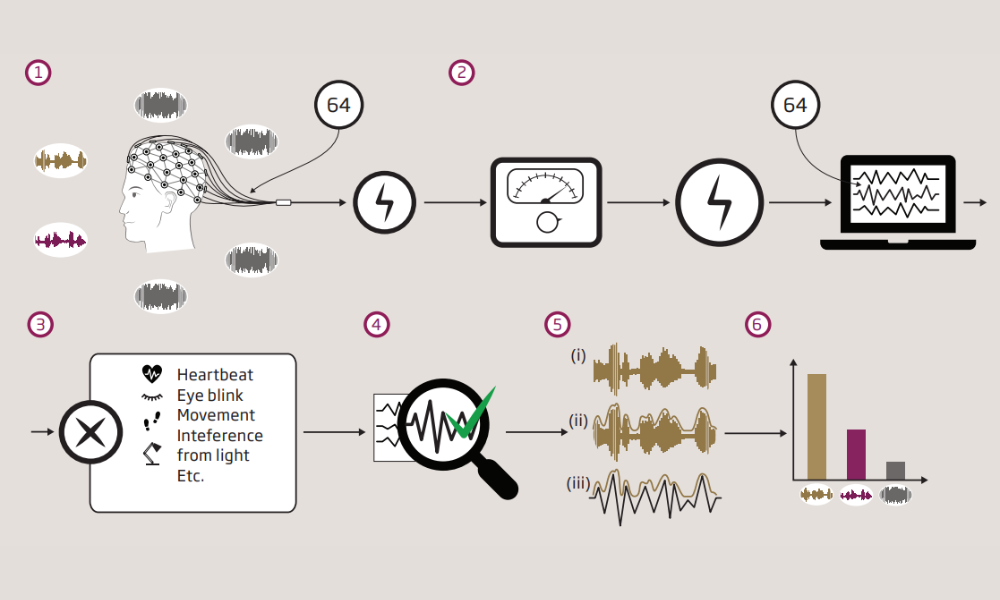
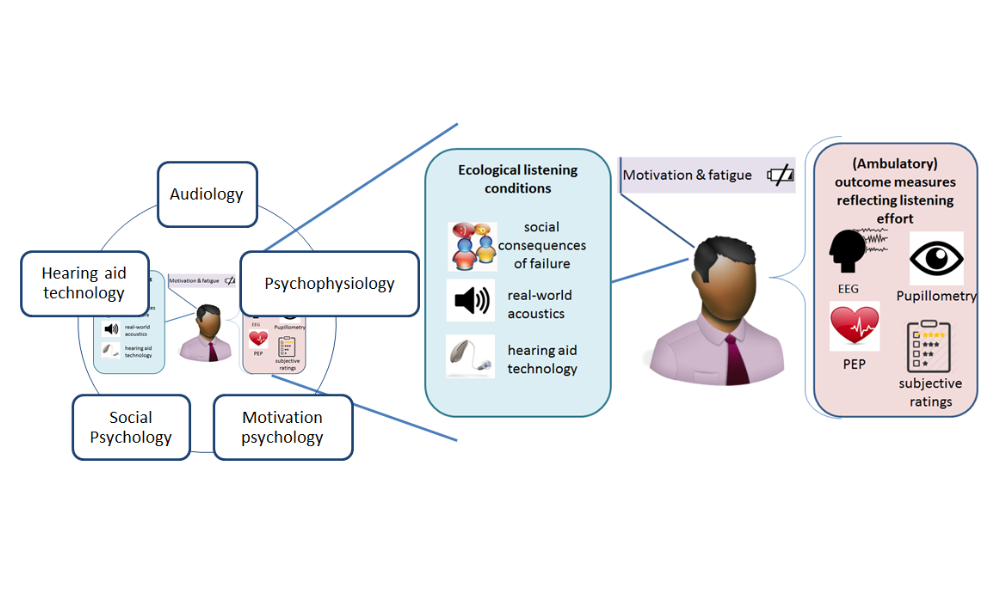
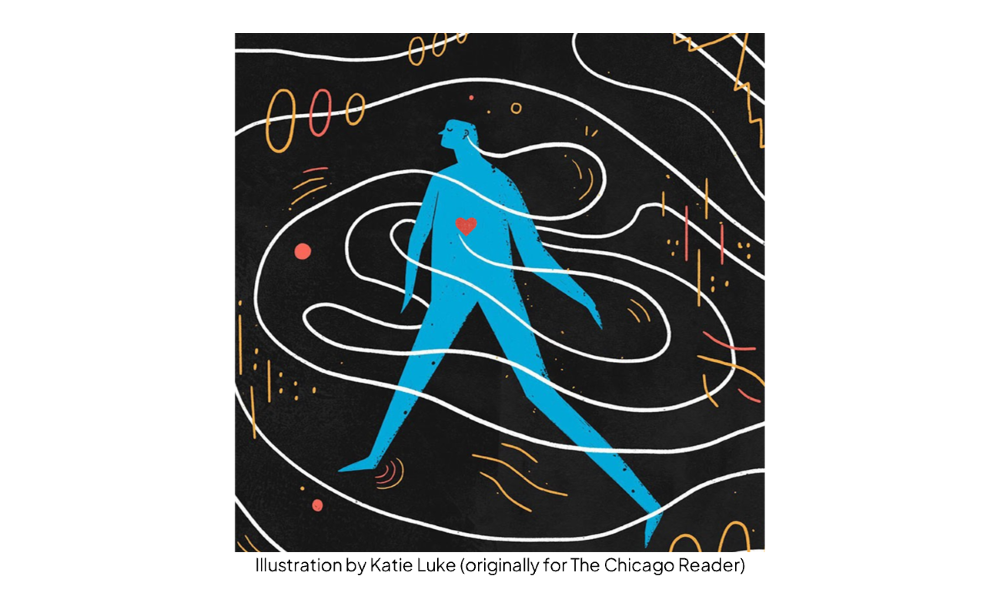
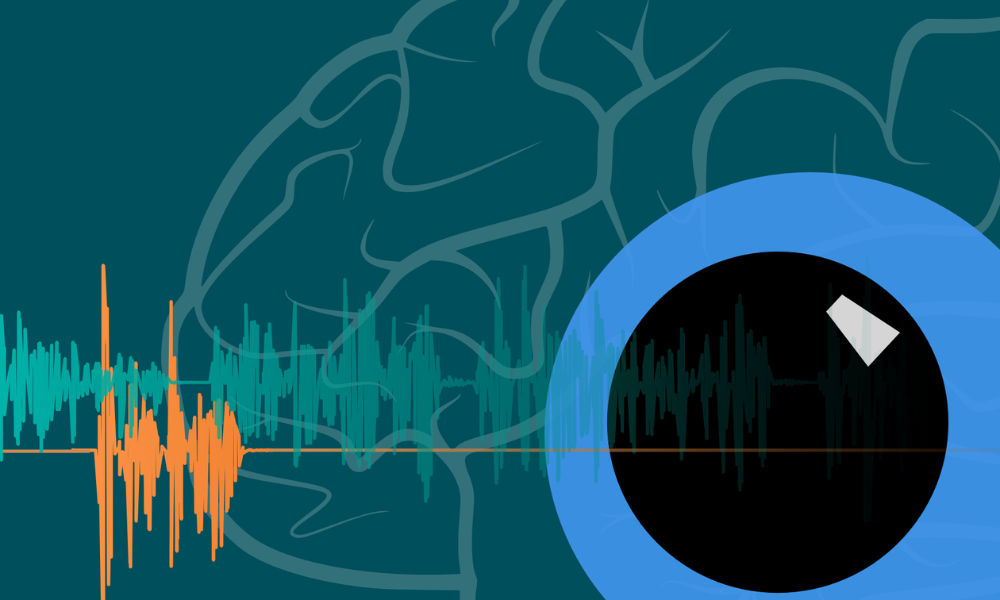
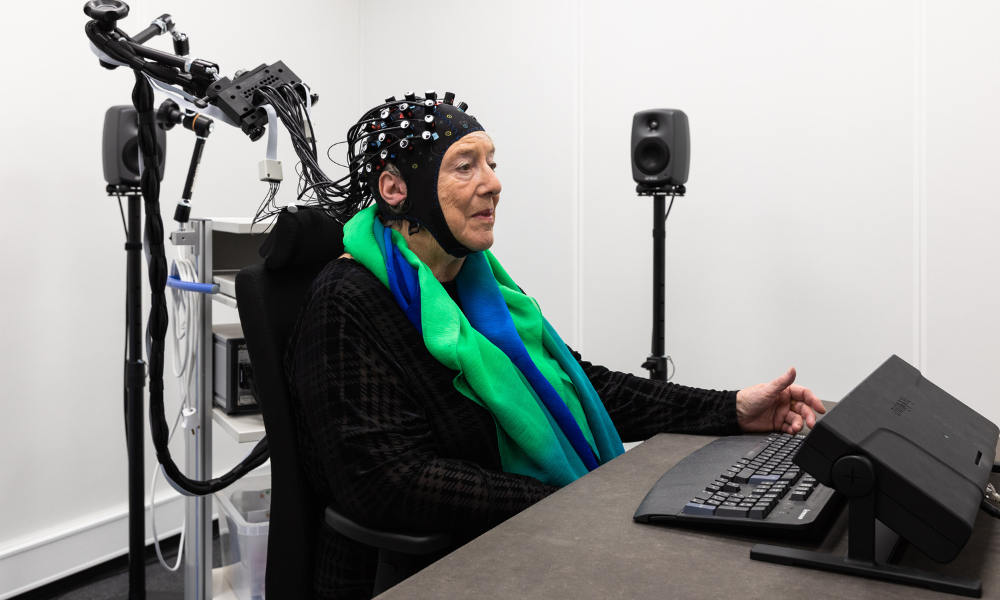
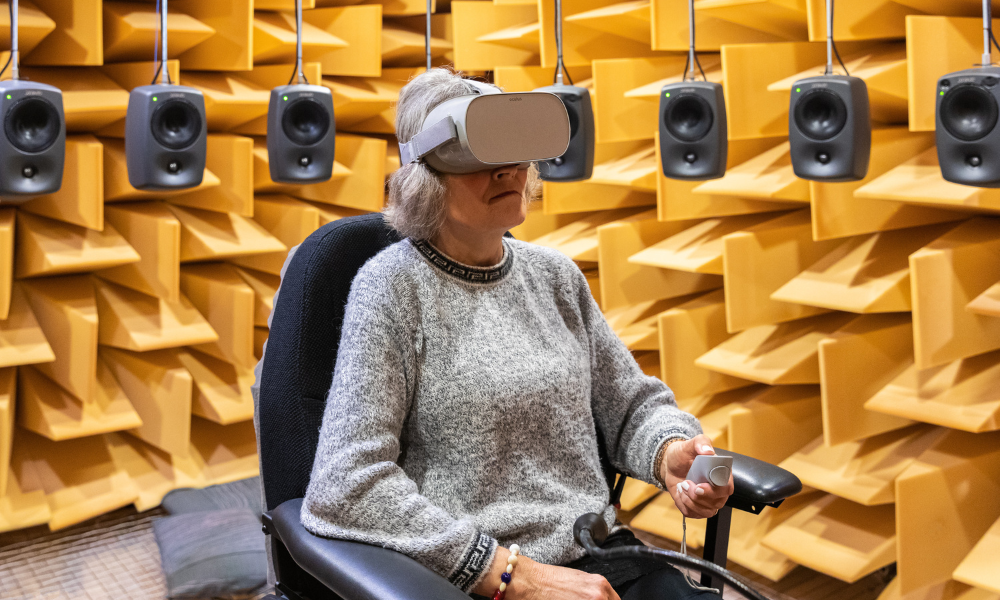
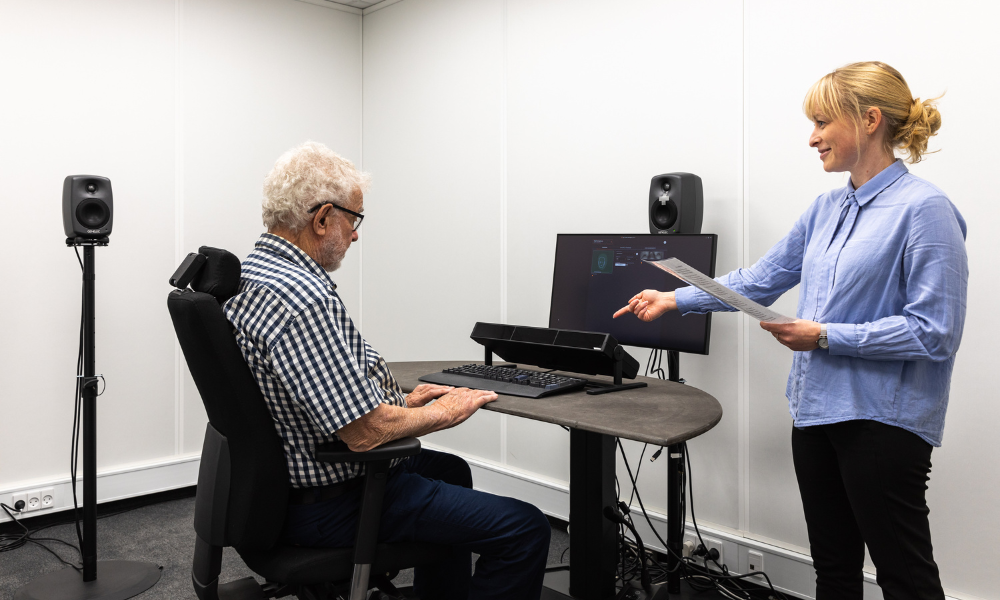
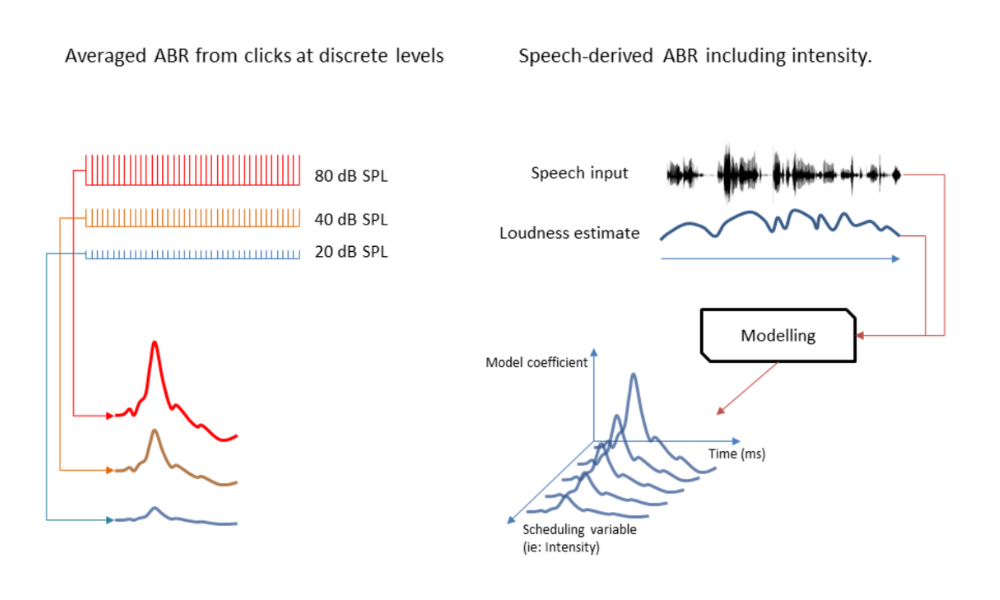
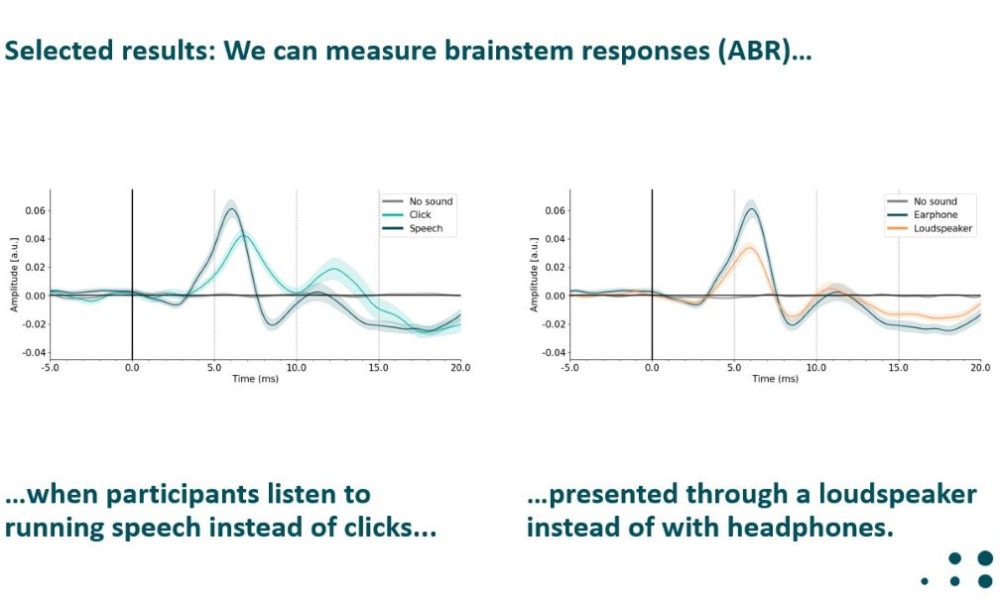












© 2024 Eriksholm – Designed by Aveo web&marketing